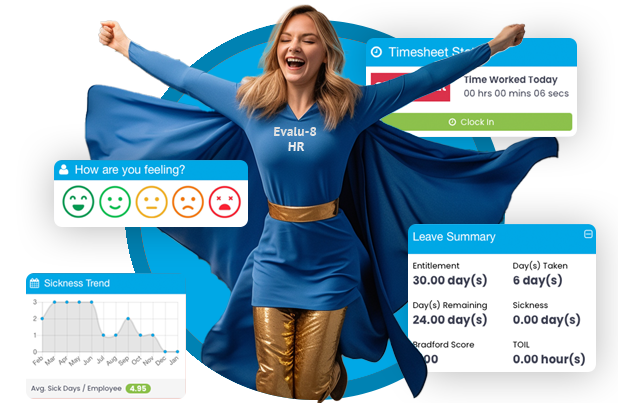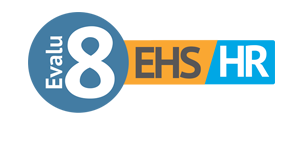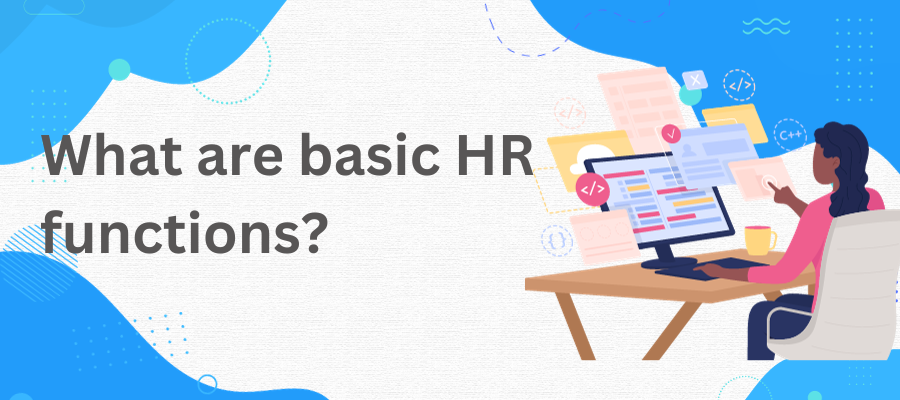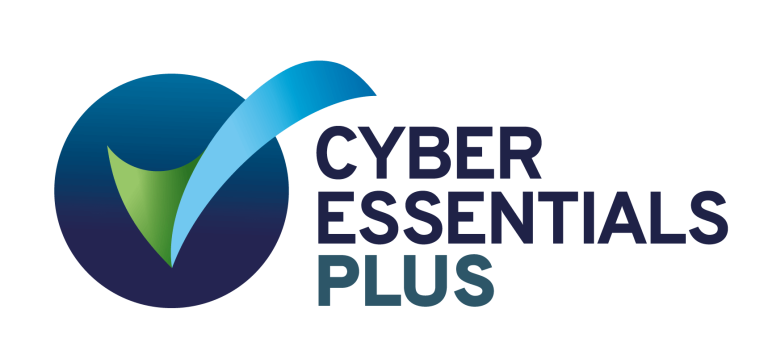Human Resources (HR) is a crucial department within any organisation. Its primary function is to manage the most valuable asset of a company – its employees. HR plays a pivotal role in ensuring that the workforce is aligned with the company’s goals and objectives. This article aims to provide a comprehensive overview of the basic HR functions, including the understanding of the role of HR professionals, recruitment and selection, employee relations and engagement, training and development, and compensation and benefits management.
Understanding the Role of Human Resources
HR has evolved significantly over the years, from being primarily administrative to a more strategic partner in business operations. In the past, HR was mainly responsible for managing paperwork, payroll, and employee benefits. However, with changing times, HR has taken on a more strategic role by aligning employee management practices with the organisation’s overall objectives.
Today, HR professionals are responsible for developing and implementing effective HR strategies that help attract, retain, and develop a highly skilled workforce. They play a crucial role in fostering a positive work environment, promoting employee engagement, and maximising productivity and performance.
One of the key areas where HR has made significant strides is talent management. HR professionals now actively participate in the recruitment and selection process, ensuring that the organisation attracts top talent. They work closely with hiring managers to identify the skills and competencies required for each position and develop targeted recruitment strategies to attract the right candidates.
Once employees are onboard, HR professionals continue to play a vital role in their development. They design and implement training and development programs that enhance employees’ skills and knowledge, enabling them to perform their roles effectively. HR professionals also provide ongoing coaching and support to employees, helping them reach their full potential.
The Evolution of HR in Business
Over time, HR has transformed from a behind-the-scenes department to a key strategic partner. Gone are the days when it was merely considered a support function. Now, HR professionals actively contribute to business decisions and collaborate with other departments to drive success.
HR is no longer limited to administrative tasks but has expanded its scope to encompass various functions like talent management, leadership development, and organisational culture. This shift in HR’s role has resulted in better employee experiences, increased employee satisfaction, and enhanced overall business performance.
Another area where HR has evolved is in the realm of employee relations. HR professionals now focus on fostering healthy relationships between employees and management. They act as a mediator in conflicts and disputes, ensuring that fair and equitable solutions are reached. HR professionals also work to create a positive work environment where employees feel valued and supported.
The Core Responsibilities of HR Professionals
HR professionals have a broad range of responsibilities, all aimed at ensuring the smooth functioning of an organisation. These responsibilities include managing employee recruitment and selection, fostering healthy employee relations, providing training and development opportunities, and overseeing compensation and benefits management.
Moreover, HR professionals are responsible for implementing policies and procedures that comply with labor laws and regulations, ensuring fair and equal treatment of employees, and resolving conflicts and disputes in the workplace.
Compensation and benefits management is another critical area where HR professionals excel. They design and administer competitive compensation packages that attract and retain top talent. HR professionals also ensure that employees receive the benefits they are entitled to, such as health insurance, retirement plans, and paid time off.
In conclusion, the role of HR has evolved significantly over the years. HR professionals now play a strategic role in organisations, contributing to business decisions and driving success. They are responsible for talent management, employee development, and fostering a positive work environment. With their broad range of responsibilities, HR professionals ensure the smooth functioning of the organisation and the well-being of its employees.
Recruitment and Selection
Effective hiring is a critical function of HR. The success of an organisation depends on its ability to attract and select the right talent. HR professionals need to understand the importance of hiring individuals who possess the necessary skills, qualifications, and cultural fit for the organisation.
The Importance of Effective Hiring
Hiring the right employees is essential for any organisation. The recruitment process should focus not only on assessing candidates’ qualifications and experience but also on gauging their potential to contribute positively to the organisation’s culture and values.
By recruiting individuals who align with the organisation’s goals and values, HR professionals can help create a workforce that is highly motivated, engaged, and committed to achieving shared objectives.
Strategies for Successful Recruitment
HR professionals employ various strategies to attract top talent to the organisation. These strategies may involve developing a strong employer brand, utilising online job portals, engaging in targeted recruitment drives, or partnering with specialised recruitment agencies.
In addition, HR professionals need to ensure that the selection process is fair, transparent, and aligned with company policies. This includes conducting thorough interviews, assessing candidates’ skills and competencies, and checking references to ensure candidates are suitable for the role.
Employee Relations and Engagement
A positive work environment and healthy employee relations are crucial for organisational success. HR plays a key role in fostering an inclusive work culture, promoting strong employee relations, and resolving conflicts in a fair and timely manner.
Building a Positive Work Environment
Creating a positive work environment is vital for employee satisfaction and engagement. HR professionals should actively work towards fostering a culture based on trust, respect, and open communication.
This can be achieved by encouraging teamwork, recognising and rewarding employee contributions, promoting work-life balance, and providing opportunities for professional growth and development.
Conflict Resolution and Mediation
Conflicts and disagreements are inevitable in any workforce. HR professionals need to effectively manage and resolve conflicts to maintain a harmonious work environment. This involves promoting open dialogue, active listening, and implementing fair and impartial dispute resolution processes.
By addressing conflicts promptly and fairly, HR professionals can prevent small issues from escalating into larger problems, thus maintaining a positive and productive work environment.
Training and Development
HR professionals are responsible for creating and implementing training programs that enhance employee skills and capabilities. Continuous training and development can significantly impact employee performance and contribute to organisational success.
The Role of HR in Employee Skill Development
HR professionals need to identify the skills and knowledge required to perform job roles effectively. They can then design and deliver training programs tailored to address these skill gaps and enhance employee capabilities.
By providing opportunities for skill development, HR professionals enable employees to perform their roles more efficiently, contribute to their fullest potential, and adapt to changing business needs.
The Impact of Continuous Training on Performance
Continuous training and development not only enhance individual performance but also contribute to overall organisational growth. An organisation that encourages continuous learning fosters a culture of innovation, adaptability, and excellence.
By investing in employee development, HR professionals can create a skilled workforce that is more engaged, motivated, and capable of contributing to the organisation’s long-term success.
Compensation and Benefits Management
HR professionals are responsible for designing and managing compensation packages that attract and retain top talent. They also ensure that employees receive competitive benefits to support their overall well-being.
Designing Competitive Compensation Packages
HR professionals need to conduct market research to determine the appropriate salary ranges for different job positions. By offering competitive compensation packages, organisations can attract and retain high-performing employees.
Additionally, HR professionals need to align compensation with employee performance, skills, and experience. This helps in establishing a fair and transparent reward system that motivates employees to perform at their best.
The Role of Benefits in Employee Retention
Employee benefits are an essential component of any comprehensive HR strategy. Offering attractive benefits, such as health insurance, retirement plans, and flexible work arrangements, can significantly contribute to employee satisfaction and retention rates.
HR professionals need to continuously review and update benefit programs to ensure they remain competitive and relevant in today’s ever-changing workplace landscape.
In conclusion, the basic functions of HR encompass various aspects of employee management, including recruitment and selection, employee relations and engagement, training and development, and compensation and benefits management. HR professionals play a crucial role in helping organisations attract, retain, and develop a talented workforce. By staying updated with industry trends and best practices, HR professionals can contribute to the overall success of an organisation.
See the quick demo now
Before we show you the quick demo, we need to make sure you are a real person.

More from the HR Blog



